Unbelievable Ways In Which Ai Will Make Human Life Endless, No. 4 Will Shock You
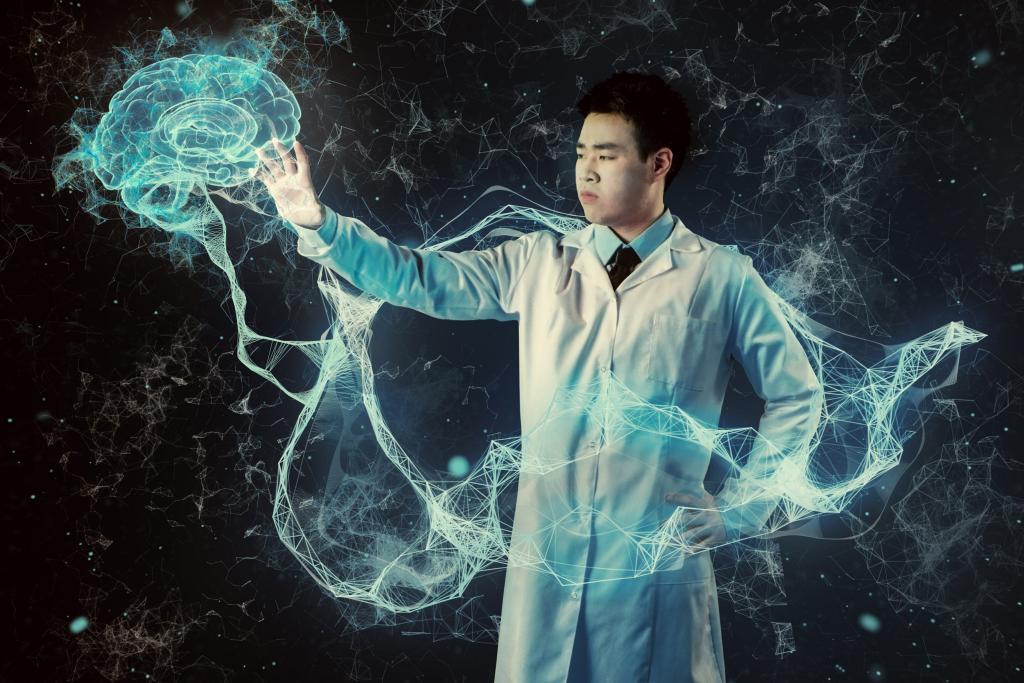
The quest for immortality has been a part of human culture and mythology for millennia.From the elixirs of ancient alchemy to modern-day cryogenics, the desire to transcend the limitations of the human body and live indefinitely has driven many scientific and philosophical pursuits.
With the advent of artificial intelligence (AI), the dream of living forever is gaining renewed attention and plausibility.Here’s how AI could potentially lead humanity to a future where aging and death are no longer inevitable.
A few of the ideas being explored by scientists to extend life span toward immortality are cryogenic freezing, meshing human cognition with AI and even uploading thoughts. (Getty Images)
1. Revolutionizing Medical Research and Drug Discovery
AI's ability to process and analyze vast datasets far surpasses human capability. In medical research, AI can identify patterns and connections in biological data that might elude human researchers.
This capability can accelerate the discovery of new drugs and therapies. For instance, AI algorithms can screen millions of compounds to find potential treatments for age-related diseases, significantly speeding up the drug discovery process.
2. Personalized Medicine: Tailoring Treatments to Individuals
One of the most promising applications of AI in healthcare is personalized medicine.By analyzing a person's genetic makeup, lifestyle, and health data, AI can predict which treatments will be most effective for that individual.
Woman scientist touching DNA (Shutterstock)
This approach not only improves treatment outcomes but also helps in the prevention of diseases.Personalized medicine could help manage or even cure chronic conditions that currently limit lifespan, thereby extending healthy years of life.
3. Early Detection and Prevention of Diseases
AI excels at pattern recognition, making it an invaluable tool for early disease detection.Machine learning algorithms can analyze medical imaging, genetic data, and other health indicators to detect diseases like cancer, Alzheimer's, and cardiovascular conditions at very early stages.
Early detection allows for earlier and more effective interventions, potentially preventing diseases from progressing to life-threatening stages.
4. Understanding and Reversing the Aging Process
The aging process is complex, involving numerous biological pathways. AI can help decipher these pathways by analyzing large-scale biological data and identifying the key factors that drive aging.
By understanding these mechanisms, researchers can develop interventions to slow down or even reverse the aging process.Already, AI is being used to explore the effects of various drugs and lifestyle changes on aging, offering the promise of significantly extending human lifespan.
5. Advanced Healthcare Management and Accessibility
AI can optimize healthcare delivery, making advanced treatments more accessible and affordable.
From streamlining administrative processes to predicting patient needs and managing resources, AI can improve the efficiency of healthcare systems.
This ensures that more people have access to the latest medical advancements, thereby extending their healthy lifespans.
6. Genetic Engineering and Cellular Rejuvenation
AI is playing a crucial role in the field of genetic engineering. Techniques like CRISPR allow for precise editing of the genome, and AI can help identify the specific genetic changes needed to repair or replace damaged cells and tissues.
This could lead to treatments that not only cure diseases but also rejuvenate the body at a cellular level, potentially halting or reversing aging.
7. Brain-Computer Interfaces and Digital Consciousness
One of the more speculative but intriguing possibilities is the integration of AI with human consciousness.
Brain-computer interfaces (BCIs) could allow humans to interface directly with machines, enhancing cognitive abilities and potentially leading to the preservation of consciousness beyond the biological lifespan.
While still in its infancy, this technology could one day enable humans to transfer their minds to digital platforms, achieving a form of digital immortality.















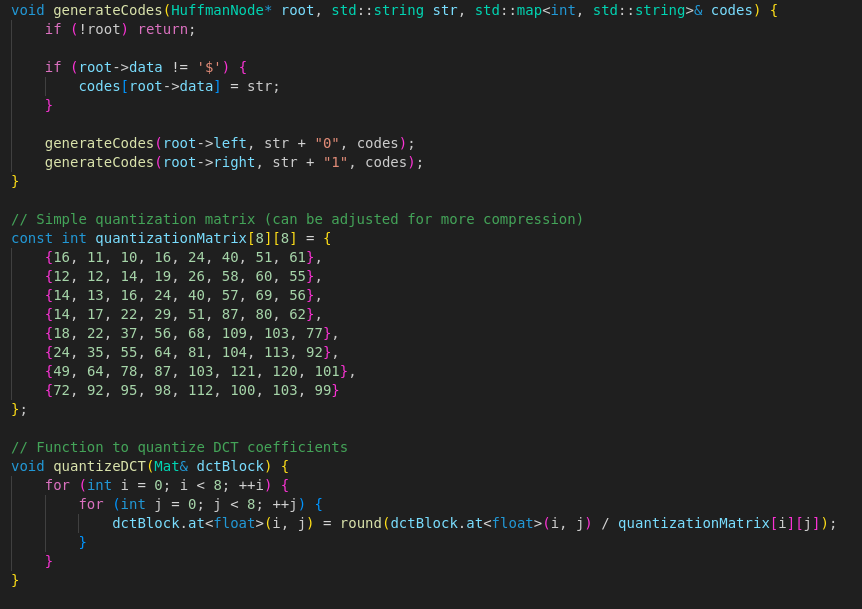

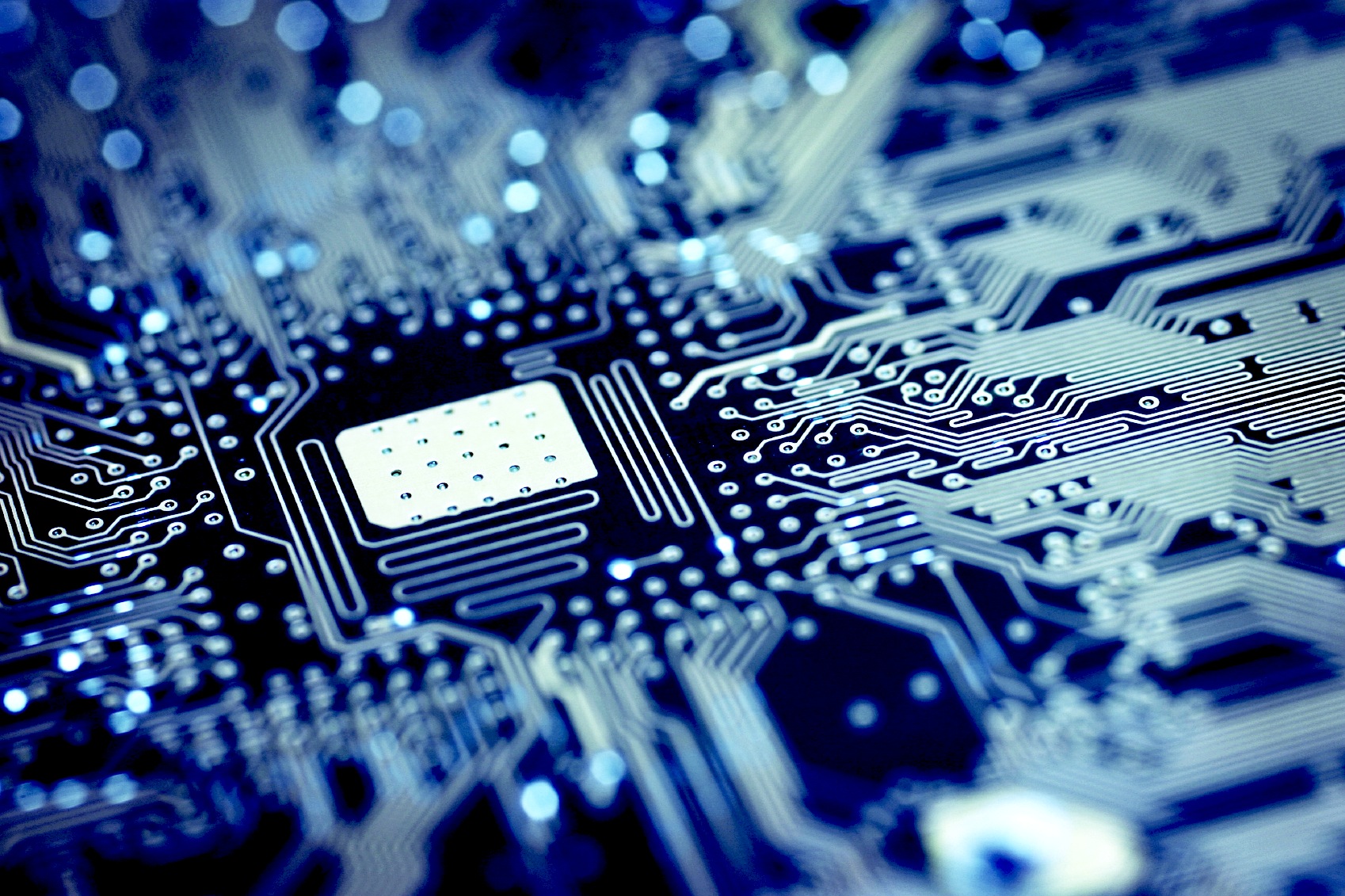

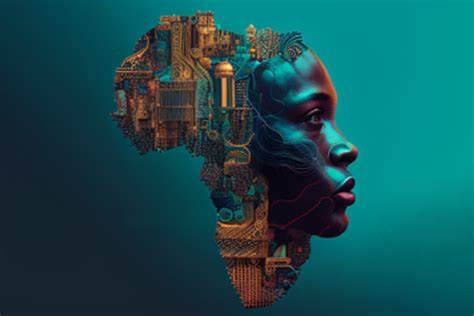
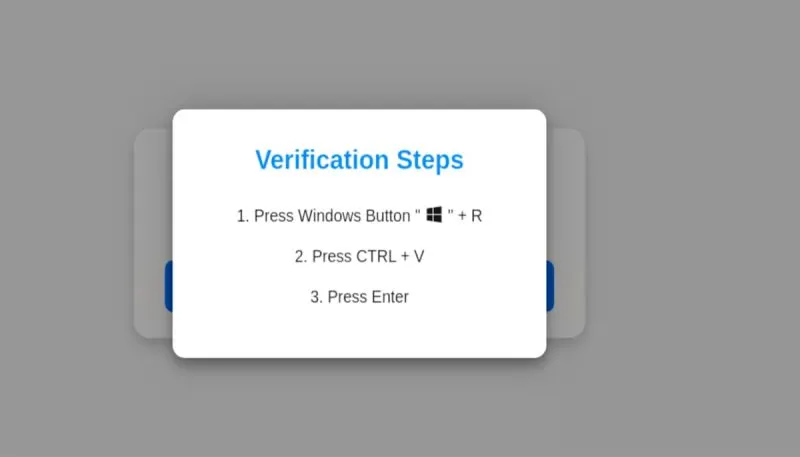
Comments
Is it even possible?👀